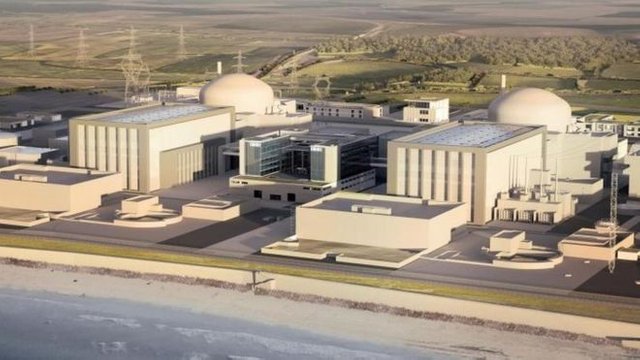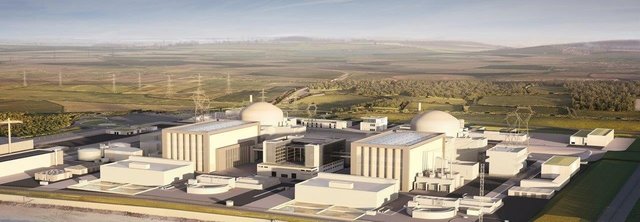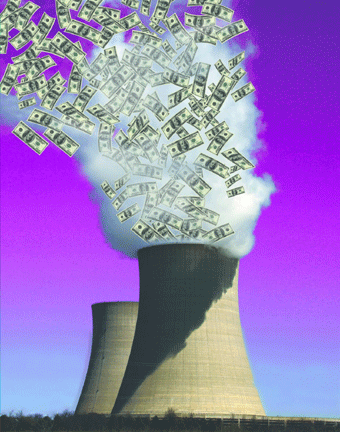What is the most expensive object on Earth?
A new nuclear power station in the south-west of the UK will be the most expensive object on Earth. That's the claim about the proposed plant at Hinkley Point in Somerset - but has anything else ever cost so much to build?

"Hinkley is set to be the most expensive object on Earth… best guesses say Hinkley could pass £24bn ($35bn)," said the environmental charity Greenpeace last month as it launched a petition against the project.
This figure includes an estimate for paying interest on borrowed money, but the financing arrangements for Hinkley C are so opaque that it is impossible to calculate exactly what the final cost will be.
Even if you stick with the expense of construction alone, though, the price is still high - the main contractor, EDF, puts it at £18bn ($26bn).
For that sum you could build a small forest of Burj Khalifas - the world's tallest building, in Dubai, cost a piffling £1bn ($1.5bn). You could also knock up more than 70 miles of particle accelerator. The 17-mile-long Large Hadron Collider, built under the border between France and Switzerland to unlock the secrets of the universe, cost a mere £4bn ($5.8bn). The most expensive bridge ever constructed is the eastern replacement span of the Oakland Bay Bridge in San Francisco, designed to withstand the strongest earthquake seismologists would expect within the next 1,500 years. That cost about £4.5bn ($6.5bn).
So why is Hinkley C so expensive?
"Nuclear power plants are the most complicated piece of equipment we make," says Steve Thomas, emeritus professor of energy policy at Greenwich University. Cost of nuclear power plants has tended to go up throughout history as accidents happen and we design measures to deal with the risk." In comparison, the UK's newest nuclear power station, Sizewell B, which was completed in 1995, only cost £2.3bn ($3.4bn), or £4.1bn ($6bn) at today's prices. No nuclear power plants have been completed in Europe this century - those that have been built in recent years are in countries such as China or India, and Thomas believes figures for these, where they exist, are not reliable.
So what about historic buildings - could the Great Pyramid of Giza put Hinkley C in the shade?

